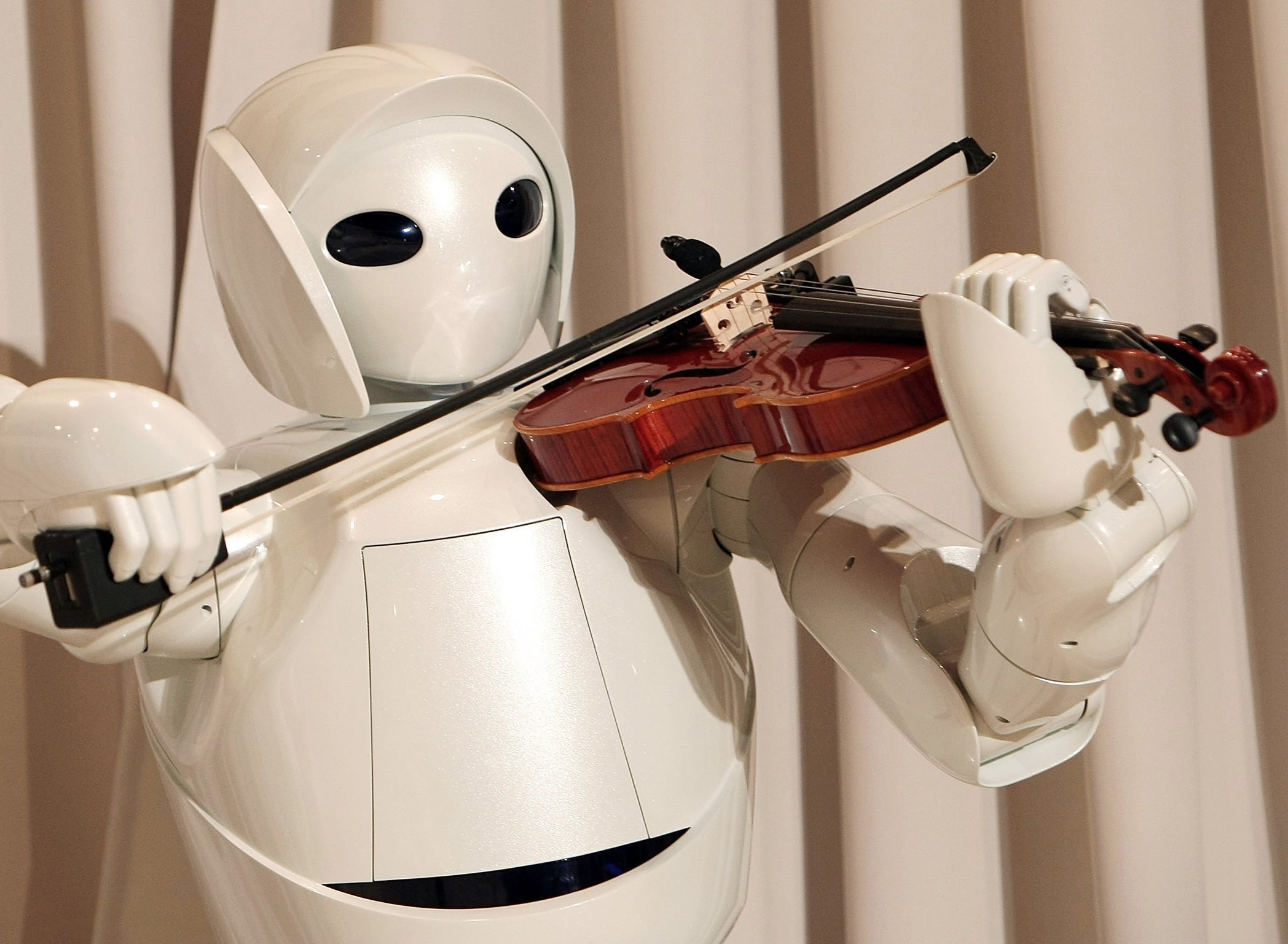Will machines kill mankind? Cambridge academics want to know
Academics highlight threat of super-intelligent technology

Your support helps us to tell the story
From reproductive rights to climate change to Big Tech, The Independent is on the ground when the story is developing. Whether it's investigating the financials of Elon Musk's pro-Trump PAC or producing our latest documentary, 'The A Word', which shines a light on the American women fighting for reproductive rights, we know how important it is to parse out the facts from the messaging.
At such a critical moment in US history, we need reporters on the ground. Your donation allows us to keep sending journalists to speak to both sides of the story.
The Independent is trusted by Americans across the entire political spectrum. And unlike many other quality news outlets, we choose not to lock Americans out of our reporting and analysis with paywalls. We believe quality journalism should be available to everyone, paid for by those who can afford it.
Your support makes all the difference.Academics at Cambridge University are pondering the risk to humanity from super-intelligent technology which could "threaten our own existence."
Huw Price, Bertrand Russell Professor of Philosophy at Cambridge, said: "In the case of artificial intelligence, it seems a reasonable prediction that some time in this or the next century intelligence will escape from the constraints of biology."
Professor Price is planning to launch a research centre next year looking into the danger, teaming up with Cambridge professor of cosmology and astrophysics Martin Rees and Jann Tallinn, one of the founders of Skype.
He wants to bring more attention to a future in which mankind might be at the mercy of "machines that are not malicious, but machines whose interests don't include us."
The group won't be the first people to ponder such a future, which has featured in science fiction since the dawn of the computer age, perhaps most famously with HAL- the malevolent computer from Stanley Kubrick's 2001: A Space Oddyssey- and most recently in I, Robot, starring Will Smith.
Acknowledging that many people believe his concerns are far-fetched, Professor Price said: "It tends to be regarded as a flaky concern, but given that we don't know how serious the risks are, that we don't know the time scale, dismissing the concerns is dangerous."
He said that advanced technology could be a threat when computers start to direct resources towards their own goals, at the expense of human concerns like environmental sustainability.
He compared the risk to the way humans have threatened the survival of other animals by spreading across the planet and using up natural resources that other animals depend upon.
Join our commenting forum
Join thought-provoking conversations, follow other Independent readers and see their replies
Comments